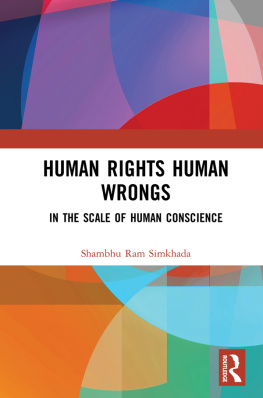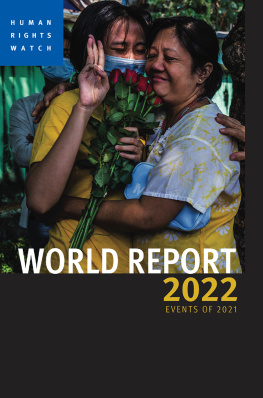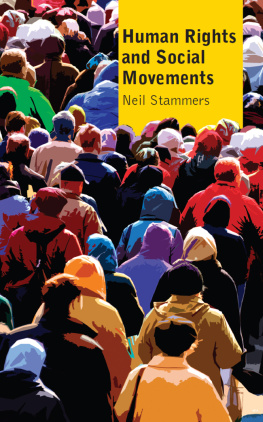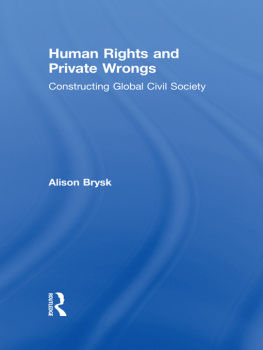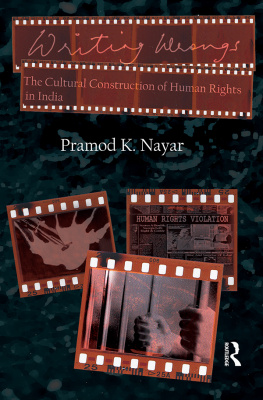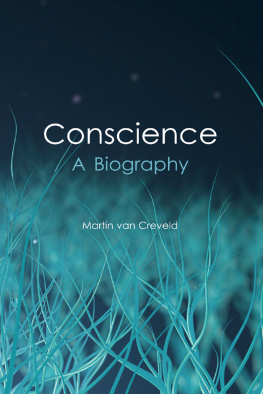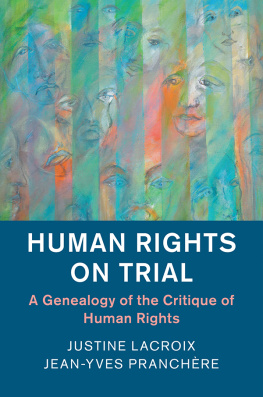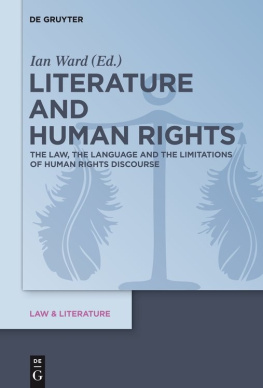HUMAN RIGHTS HUMAN WRONGS
In the Scale of Human Conscience
The Universal Declaration of Human Rights (UDHR) is the best gift of the United Nations and its main human rights organ, the Human Rights Commission to We, the Peoples of the World. But that powerful instrument is often rendered powerless by the behaviour of individuals running the institutions and the states, arguably the most powerful institution conceptualised by human mind so far. In the process, the UN comes under serious criticism and its most important organ which helped give the UDHR was dissolved for failing to live up to its ideals. Ironically, the same states and their representatives most instrumental in creating the UN institutions, including the Human Rights Commission first but later vilifying it and leading the campaign for its replacement by the Human Rights Council are now once again attacking it as hypocritical and self-serving organisation that makes a mockery of human rights and the most powerful member state feels compelled to walk out of the Council. As the world commemorates the 100 years of the end of the World War I and starts to celebrate the 70 years of the Universal Declaration, where does the world, the UN and we the peoples stand in the search for greater freedom from want and fear, better enjoyment of dignity and rights?
Travelling through an extraordinary journey of life, academic pursuits and expeditions of professional and diplomatic mountain climbing, including the Chairmanship of the 56th Session of the UN Commission on Human Rights and its 5th Special Session on the Human Rights of the Palestinian People in the Occupied Palestine Territories, Shambhu Ram Simkhada presents a scholarly, diplomatic, advocate and defender perspectives on the contemporary state of human rights and human wrongs in the scale of his own human conscience.
First published 2021
by Routledge
2 Park Square, Milton Park, Abingdon, Oxon OX14 4RN
and by Routledge
52 Vanderbilt Avenue, New York, NY 10017
Routledge is an imprint of the Taylor & Francis Group, an informa business
2021 Shambhu Ram Simkhada and KW Publishers Pvt Ltd
The right of Shambhu Ram Simkhada to be identified as author of this work has been asserted by him in accordance with sections 77 and 78 of the Copyright, Designs and Patents Act 1988.
All rights reserved. No part of this book may be reprinted or reproduced or utilised in any form or by any electronic, mechanical, or other means, now known or hereafter invented, including photocopying and recording, or in any information storage or retrieval system, without permission in writing from the publishers.
Trademark notice: Product or corporate names may be trademarks or registered trademarks, and are used only for identification and explanation without intent to infringe.
Print edition not for sale in South Asia (India, Sri Lanka, Nepal, Bangladesh, Pakistan or Bhutan)
The content of this book is the sole expression and opinion of its authors, and not of the publishers. The publishers in no manner is liable for any opinion or views expressed by the author. While best efforts have been made in preparing the book, the publishers makes no representations or warranties of any kind and assumes no liabilities of any kind with respect to the accuracy or completeness of the content and specifically disclaims any implied warranties of merchant ability or fitness of use of a particular purpose.
The publishers have made every effort to contact authors/copyright holders of works included. However, in case any source has not been duly attributed, the publisher may be notified in writing for necessary action.
British Library Cataloguing-in-Publication Data
A catalogue record for this book is available from the British Library
Library of Congress Cataloging-in-Publication Data
A catalog record for this book has been requested
ISBN: 978-0-367-70194-9 (hbk)
ISBN: 978-1-003-14496-0 (ebk)
Typeset in Adobe Caslon Pro
by KW Publishers New Delhi 110002
From the remote mountain village of Darkha in mid-west Nepal, my journey of ups and downs in personal life and professional work has taken me to many highs and lows. Six years in Switzerland as Nepals first Permanent Representative to the United Nations (UN) and other international organisations in Geneva comprised the epitome of those ups and downs. During those six years, one of the many challenges I accepted was the Chairmanship of the United Nations Commission on Human Rights (CHR). In that capacity, I also had to chair the 5th Special Session on the situation of the Occupied Palestine Territories. Chairing the CHR, described as one of the most vital among the UN organs, and, of course, the Special Session on one of the, if not the most, vexing problems facing the post World War II International Relations (IR), was like leading an expedition to the Mount Everest of multilateral diplomacy, full of excitement and opportunities but also serious challenges and grave risks. The outcomes of those meetings have deeply affected not just me personally and the United Nations as an institution but touched the lives of people in the Middle East profoundly as the situation there demonstrates, and continue to affect the course of IR, with longer term implications for the whole world, as the most recent withdrawal of the United States (US) from the CHRs successor organisation, the UN Human Rights Council (HRC) shows.
Attending the Commission for the first time in 1997 as a member of the Nepali delegation, I felt that what our predecessors did yesterday gives the legitimacy for us to come to Geneva but what we do now, will determine the relevance of this body today and its significance tomorrow. The first Chairperson of the Commission so rightly set the tone when she said that the work of the Commission would be meaningless if it could not touch the lives of those who are unseen, those who cannot be heard. Reflecting on what Eleanor Roosevelt said then and what is happening now, one sometimes wonders what the Commission can do to protect those who have no voice, who cannot be seen, when it cannot protect those whose rights are trampled upon in the sight and hearing of the global audience? Not surprisingly, the report of the UN High Level Panel on Threats, Challenges and Change identifies the Commission on Human Rights as one of the main organs of the UN that needs reform as part of the reform of the UN. And then there are also calls for the Commission to be abolished altogether. This body is in serious crisis. But as the oldest of the Vedas predicted long ago Yatha Pinde Tatha Bhahmande or as the microcosm, so the macrocosm, the crisis within reflects the crisis beyond. The reform or strengthening of the Commission may only be possible as part of a much wider reform of the UN and the international system as a whole.
A lot has happened in the world outside as well as inside my own personal world and professional life since I chaired the Millennium Commission for one year from March-April 2000. Professionally, it was a unique experience. The Chairman of the Commission changes every year. But even today, some people call me Mr. Chairman and cheer me up: Oh, I still remember your Chairmanship. Of the many letters and compliments I have got, was a personal e-mail of 3 June 2000 from Kul Chandra Gautam, a distinguished Nepali who has reached the highest position among Nepali nationals working for the UN system. He wrote, Shambhuji, I am watching from afar how brilliantly you chaired the Commission on Human Rights. You have made us all proud, which touched me the most. What more could the representative of a small Least Developed Country (LDC) expect to achieve in the UN, a vast ocean of complexities and power plays, than making another Nepali proud by his performance? I am ever grateful to Gautamji for the spontaneous expression of those kind sentiments. I have great respect for him and how he too climbed up the ladder through sheer intelligence and diligence.


